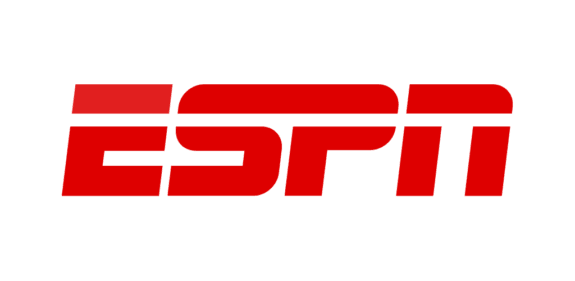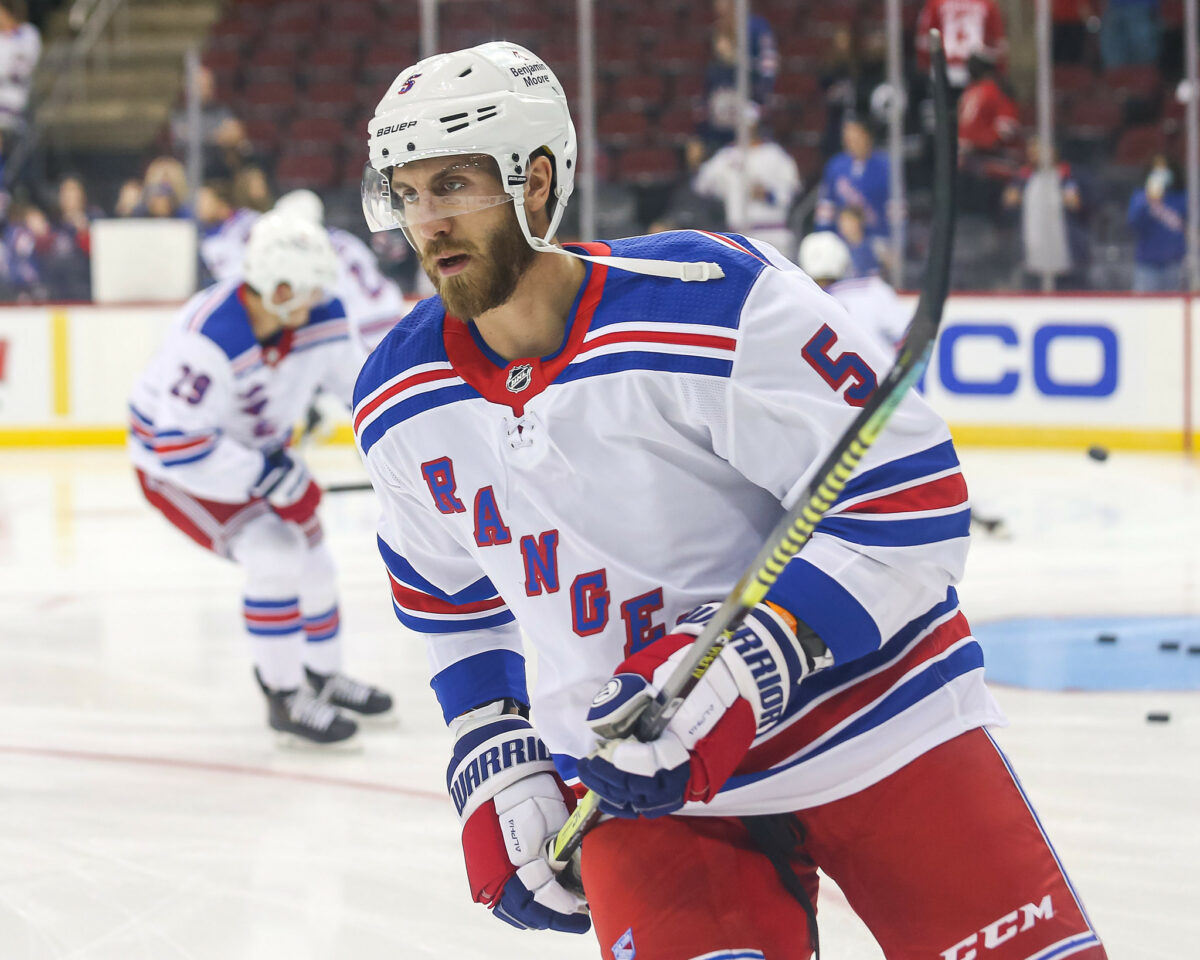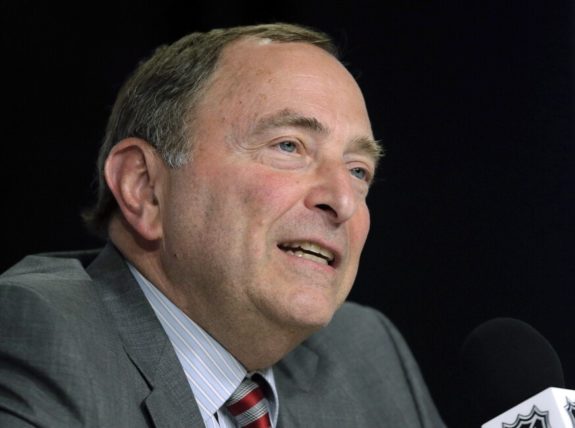If you live in Metro Denver and want to watch the Colorado Avalanche play hockey or the Denver Nuggets play basketball, your options are limited. Contracts between Altitude Sports, the regional sports network (RSN) that broadcasts Avalanche and Nuggets games, and the three major pay television providers — Comcast/Xfinity, DirectTV, and DISH Network — expired in September of 2019.
Since then, only DirectTV has reached an agreement with Altitude Sports, including the RSN in its “Premium” package for subscribers. Customers of Comcast — the largest provider in the metro area with a 57% market share — and DISH are forced to miss televised games or find alternative means of viewing. And while ESPN+, through a new deal with the NHL, broadcasts many Avalanche games, NHL blackout rules prevent those games from being seen in the local market.

This isn’t news to Avalanche fans. The Avalanche and Nuggets are now in their third season without games available to many subscribers. What is news is that the situation in Denver is turning out to be a canary in a coal mine for RSNs in other markets.
Comcast Drops MSG Network
On October 1 of this year, Comcast announced it was dropping MSG network — the broadcast home for the New Jersey Devils, New York Islanders, New York Rangers, and New York Knicks — from its lineup. Viewers in some parts of the largest media market in the United States and Canada are being told they simply don’t matter. As contracts with RSNs in markets other than Denver and New York expire in the coming years, it’s reasonable to believe Comcast and other pay-TV services will follow suit and drop those networks as well.
Related: NHL TV Blackouts & Why They Happen
A deeper dive into this situation shows a complex web of changing consumer habits, new streaming services, league rules, and fierce economic competition that will likely lead to an unsettled marketplace in the short term and substantial changes in how NHL (and NBA and MLB) content will be delivered in the long term.
Cutting the Cord
As new generations of content consumers come of age, they’re finding other methods of accessing entertainment and are “cutting the cord” with multichannel pay services like Comcast, DirectTV, and DISH. According to Statista.com, since 2010, the percent of U.S. households with a pay-TV service dropped from 88% to 74%. While streaming services like Netflix, Disney+, and others benefitted from the large numbers of people who stayed home during the height of the pandemic, pay-TV services took it on the chin. One estimate suggests that by 2024, nearly 47 million U.S. households will have cut the cord with pay-TV.
This cord-cutting has put financial pressure on the pay-TV services, which are trying to remain profitable in an era of shrinking customer bases. The channels they carry, RSNs, or premium entertainment channels like HBO, or genre-specific channels like The History Channel, charge a fee for content. Comcast claims that the fees for Altitude and MSG are unjustifiably high.
War of Words Between RSNs and Providers
Comcast said in a statement that “95% of all customers who received MSG over the past year did not watch more than 10 of the approximately 240 games it broadcast.” (Comcast doesn’t serve New York City residents who get cable from Charter, Altice USA, Verizon, and others. Comcast does serve many of the suburban markets outside the city itself.)

“We don’t believe that our customers,'” the statement continued, “should have to pay the millions of dollars in fees that MSG is demanding for some of the most expensive sports content in the country with extremely low viewership in our markets.”
Dish Network struck an even more strident tone earlier this year. “The current RSN model is fundamentally broken,” said Brian Neylon, Group President, DISH TV. “This model requires nearly all customers to pay for RSNs when only a small percentage of customers actually watch them. As the cost of these channels continues to escalate, we no longer think it makes sense to include them in our TV lineup.”
In a statement provided to The Hockey Writers, MSG Networks said, “Comcast dropped MSG Networks to try to force us to accept terms they’d never agree to for their own regional sports networks… They rejected proposals that are consistent with their current deal and deals we have with other major providers, as well as our offer to keep our programming on-air under existing terms so we could continue to work on a longer-term agreement.”
The back-and-forth between the RSNs and pay-TV services in New York echoes the war of words in Denver two years earlier. At that time, Comcast noted that more than 95% of customers watched less than one game per week of the Avalanche and Nuggets.
“I don’t know where that number comes from,” Kenny Miller, executive vice president at Altitude, told the Denver Post at the time. “I don’t know how their math worked on that.”
Miller went on to say: “I keep going back to the fact that they’re regional sports network owners and they know what production costs and rights fees and everything that goes into a regional sports network and what makes business viable.” Comcast owns the NBC family of RSNs, including NHL, NBA, and MLB teams in Northern California, Boston, Chicago, Philadelphia, Washington D.C., and New York.
NHL and NBA Will Have to Find Solutions
In September 2019, when the dispute between Altitude Sports and the pay-TV services began, NHL commissioner Gary Bettman told Altitude Sports Radio: “It’s grossly unfair to the fans of [the Avalanche], and frankly, if I could wave a wand to make the problem go away, I would, but I don’t have that authority. But I guess there are other people in other spheres, including maybe some of the government leaders who can have more of a sway on this than I can, but we are really unhappy about it.”

When asked at a press conference two weeks ago about the ongoing situation between Altitude and the pay-TV services, NBA commissioner Adam Silver said: “It’s a really tough period right now because this industry is going through a transition. There’s no question about it. We have to be mindful of not taking our fans for granted. At some point, if our product becomes unavailable to them, they’re going to look for alternative ways to entertain themselves.
“In some ways,” Silver continued, “Denver has been the canary in the mine because we’re seeing now that this issue is popping up in other markets in the country, maybe not in such an extreme way, but you have other teams that are still continuing to be distributed through traditional means, but large segments of their fans aren’t able to get the games. Coming up with that in-market solution is at the top of our agenda right now.”
In a recent statement from Kroenke Sports Entertainment — the parent company of Altitude Sports — reacting to commissioner Silver’s comments, COO Matt Hutchings noted, “We are also working to create multiple options for the hundreds of thousands of fans in our territory who are being deprived of the opportunity to watch their favorite sports teams.”
According to Rajesh Khanna, writing for RecentlyHeard, the options include streaming services for Avalanche and Nuggets games, though there is no timeline when such content might be available.
Altitude Sports has sued Comcast for anticompetitive business practices. While some of the claims in the suit were dismissed by the judge, other claims remain and the matter is still pending in the courts.
NHL and NBA Fans Left Out in the Cold
The three leagues in question — the NBA, NHL, and MLB — are going to need to intervene to find solutions. Whether that means relaxing blackout rules, intervening in negotiations between RSNs and providers, or something else, remains to be seen.
Until then, public statements, opinions, and lawsuits are doing nothing to help fans. Those wanting to watch the Avalanche, Nuggets, Devils, Islanders, Rangers, and Knicks are forced to find alternatives. From using a virtual private network (VPN) to mask the location of a television or computer and allow blacked-out games through to resorting to offshore streaming sites that carry games illegally, fans are having to jump through hoops to support their teams. This is especially hard on older, often less tech-savvy fans, who have little choice but to turn the clock back and enjoy games via radio broadcasts.
The bottom line is that the current model of delivering content to fans is crumbling and that new alternatives need to be found. The sooner, the better for all concerned.
